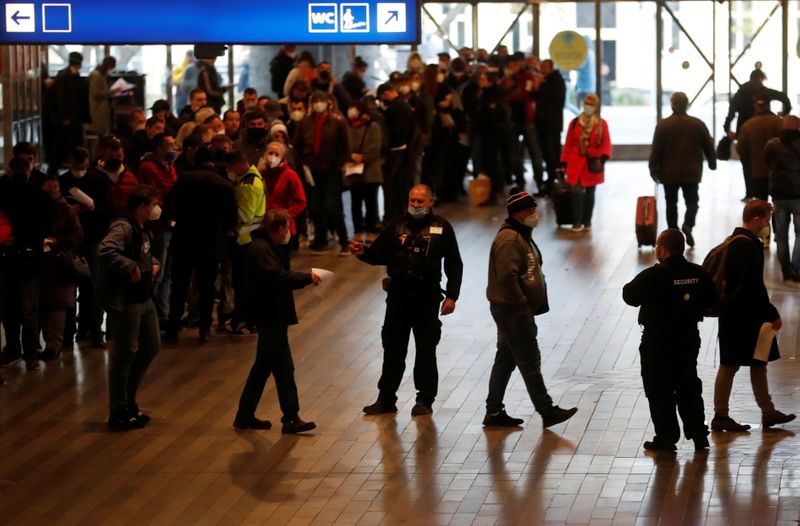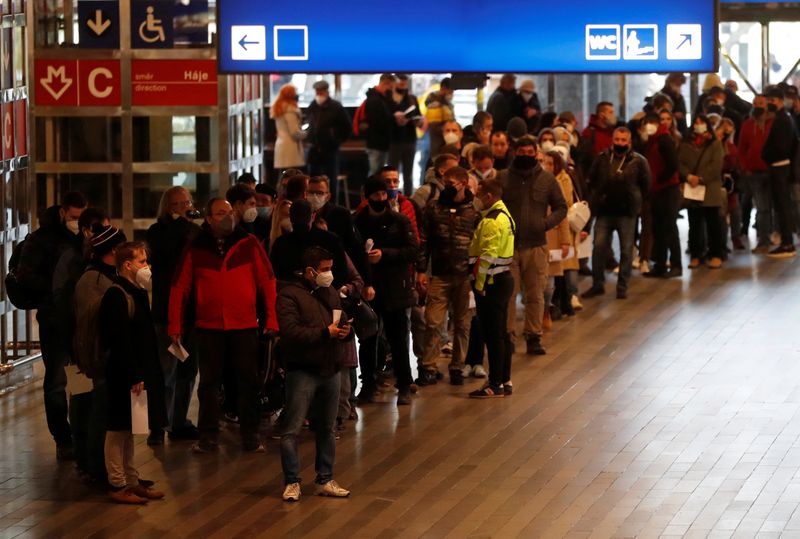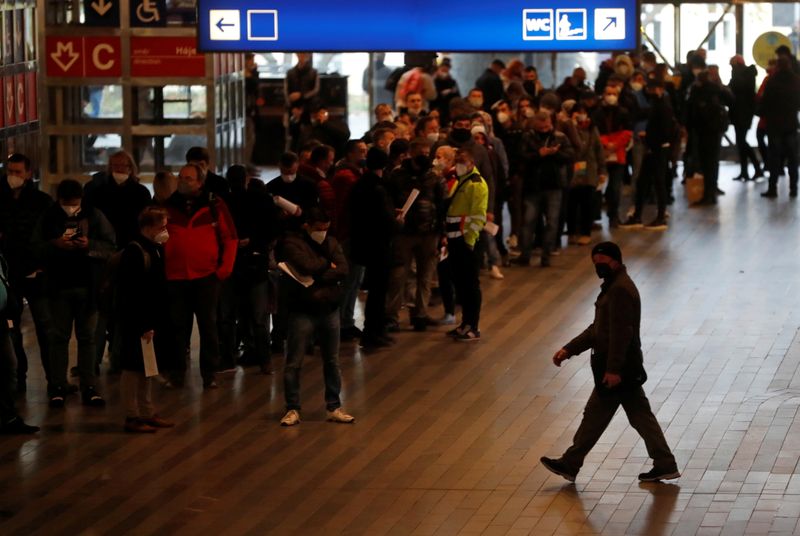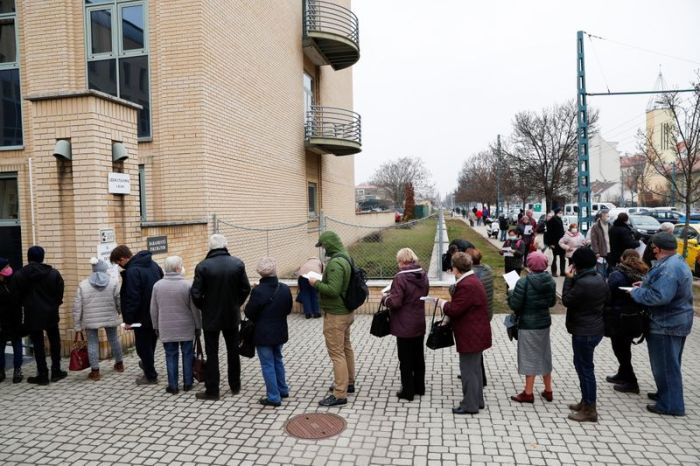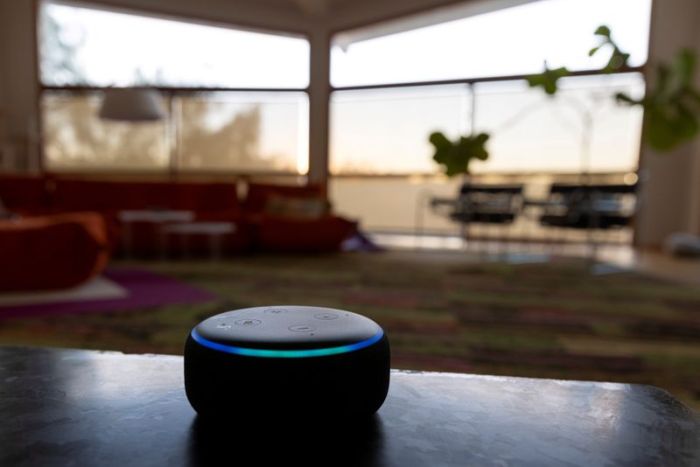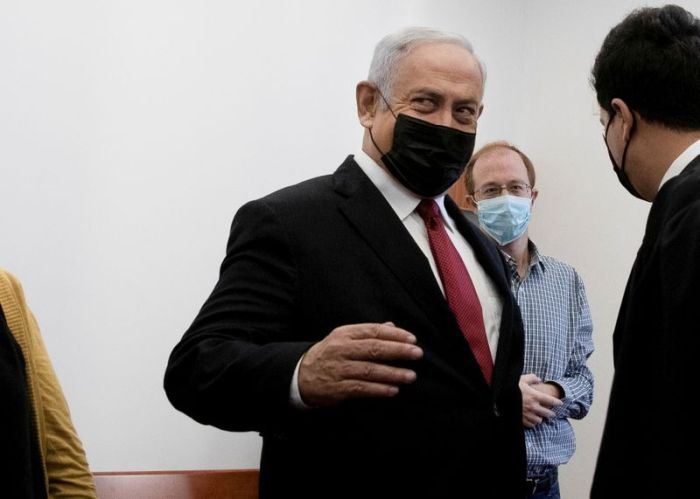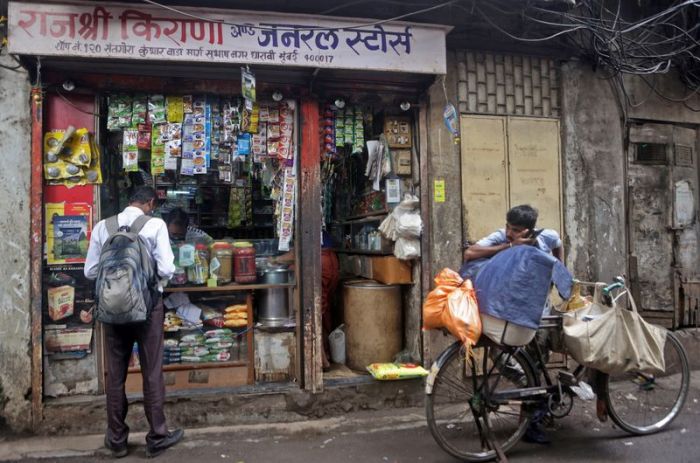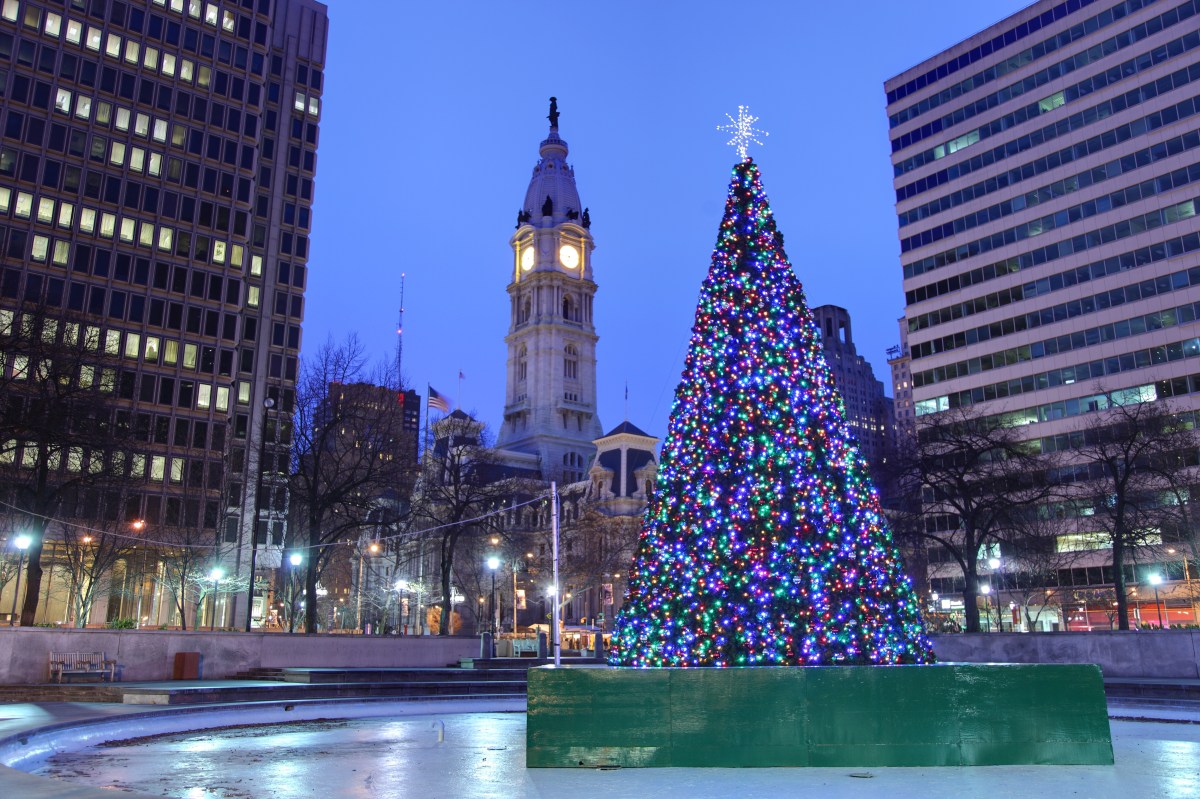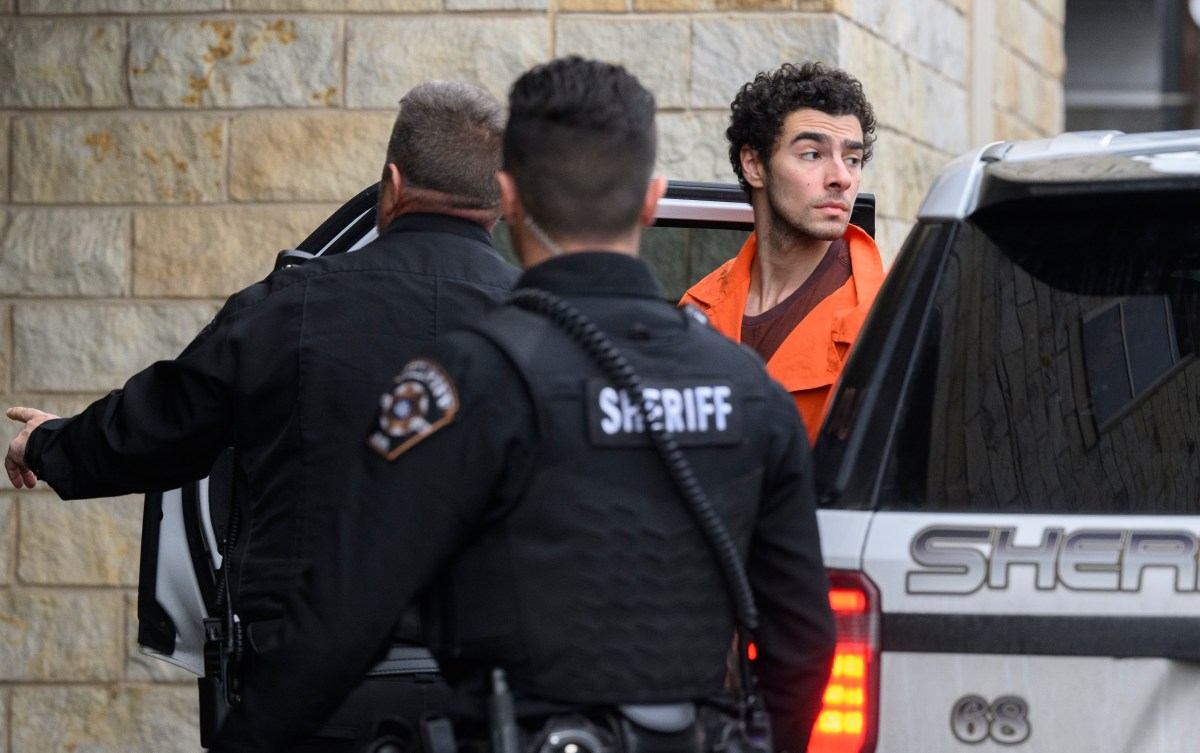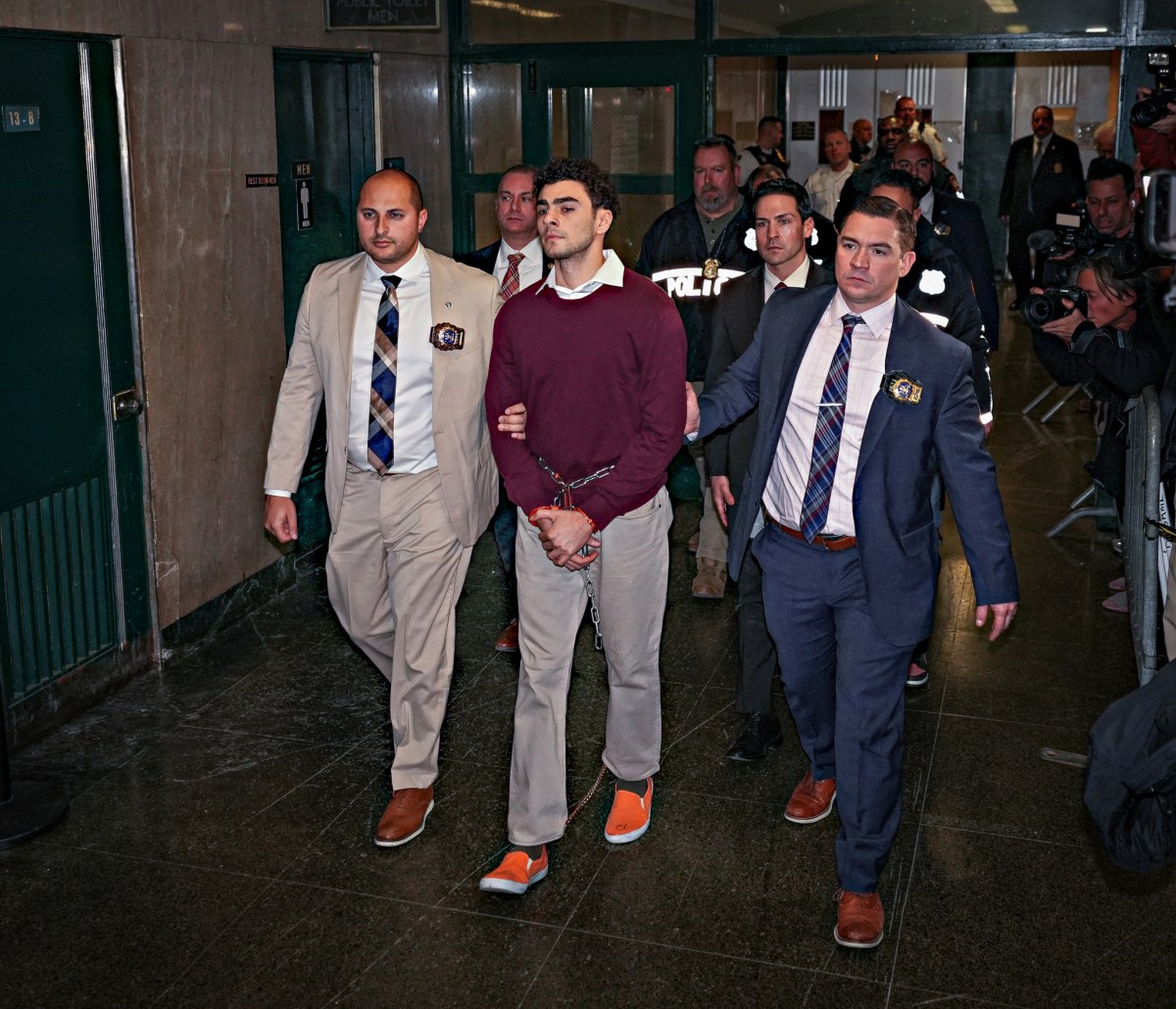PRAGUE (Reuters) -The Czech Republic and Slovakia banned unvaccinated people from hotels, pubs, hairdressers and most public events from Monday after COVID-19 cases filled hospital intensive-care wards, and were mulling harsher steps to stem the resurgent pandemic.
The central European neighbours both acted a step behind Austria, which first set restrictions on unvaccinated people but went for a full lockdown on Monday as the region became the world’s latest COVID-19 hotspot.
Less than a day into the new system, Slovakia signalled it could indeed echo Austria with a three-week lockdown for all as Prime Minister Eduard Heger said he was “intensively” looking at the possibility, to be discussed in the cabinet later this week.
“The prime minister is aware it is necessary to resolve the situation immediately so we can have a calmer Christmas and be able to relax measures in view of the coming tourism season,” Heger’s office said in a statement.
The two countries took the decision to target unvaccinated people last week to encourage inoculations as daily infections hit new records with vaccination rates lagging most European Union peers.
The unvaccinated make up nearly 70% of serious coronavirus illnesses in the Czech Republic and around 80% in Slovakia, according to government data form the two countries – although vaccination, while it greatly reduces the risk of serious illness or death, does not prevent transmission of the virus.
Slovakia has the bloc’s third lowest full vaccination rate at 45.3%, according to the European Centre for Disease Prevention and Control (ECDC), while 58% of the Czech population was fully vaccinated, also below the EU average of 65.5%.
The infections surge in the Czech Republic comes amid a transfer of power after an October election with both the outgoing and incoming administrations cool to lockdowns, even as the Czech Medical Chamber called for one on Monday.
Many businesses fear a return to harsher restrictions like a year ago when most shops and restaurants had to close doors in the run-up to Christmas holidays.
“I believe that we are going into another lockdown…, so this Christmas will be very similar to the last one,” Jakub Olbert said at one of the seasonal markets in Prague that he organises and supplies.
He said the number of vendors at other Christmas markets in the Czech capital had already been halved by distancing requirements, hitting business.
The Czech government was due on Monday to discuss calling a state of emergency, allowing it to order medical students to help at strained hospitals.
Under new Czech measures, only people who have been vaccinated or have recovered from COVID-19 in the past six months can visit restaurants, services or events like sports games.
In large parts of Slovakia, the government ordered restaurants to close to all in-house meals and serve take-out meals only, as well as restricting access to services.
Analysts have so far said the economic hit from the new Czech restrictions could be limited.
Vaclav Starek, president of the country’s Association of Hotels and Restaurants, said the main thing was keeping businesses running even if they need to face limitations.
(Reporting by Jiri Skacel, Jason Hovet and Jan Lopatka; editing by Philippa Fletcher and Mark Heinrich)

